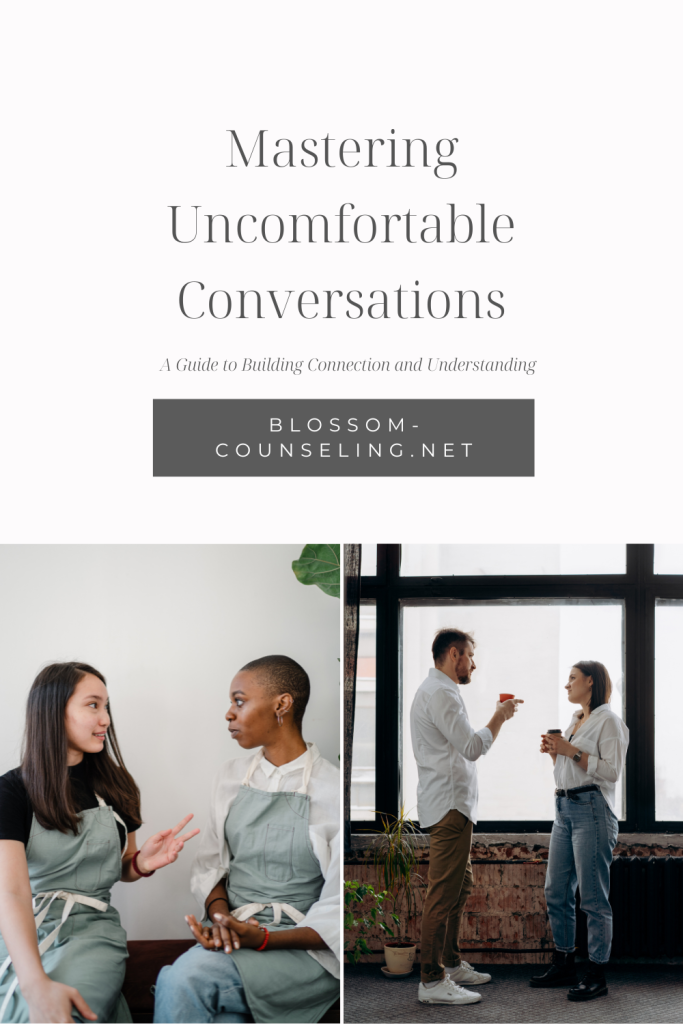 If you’ve ever found yourself constantly stepping in to fix, manage, or smooth things over for everyone else, you’re in good company. It’s a habit that sneaks in quietly and stays for the long haul. And while it often comes from a caring place, it can leave you feeling exhausted and emotionally drained.
If you’ve ever found yourself constantly stepping in to fix, manage, or smooth things over for everyone else, you’re in good company. It’s a habit that sneaks in quietly and stays for the long haul. And while it often comes from a caring place, it can leave you feeling exhausted and emotionally drained.
What if the peace you’ve been searching for starts with two simple words: let them?
Picture this: your partner loads the dishwasher in a way that makes zero sense to you. You feel the urge to step in, rearrange everything, and explain (again) why dishes can’t be stacked upside down. But what if this time… you let them? Maybe the dishes come out spotless. Maybe they don’t. Either way, you’ve just given yourself one less thing to stress about—and them one more chance to feel capable.
It seems small, but this quiet shift can have a big ripple effect. “Letting them” isn’t about giving up or not caring—it’s about choosing your peace, protecting your energy, and trusting that not everything needs your intervention.
Here’s why it matters:
You’ll feel less stressed
Trying to stay on top of everyone else’s decisions is tiring. It fills your mind with pressure and leaves little room for rest. Letting go gives you breathing space. Your shoulders drop. Your jaw unclenches. You feel more present, more centered, and more like yourself again.
Your relationships will feel lighter
Micromanaging or correcting others—no matter how well-intentioned—can create tension. But letting someone do things their way builds respect. It says, “I trust you. You’ve got this.” That kind of trust helps relationships grow stronger and feel more balanced.
You give others room to grow
Sometimes people need to figure things out in their own way. When you step back, you’re allowing them to build confidence, learn from experience, and grow into their own strengths. And yes, sometimes that growth starts with a badly loaded dishwasher.
You get your energy back
Think about how much emotional energy gets spent trying to control what’s out of your hands. “Letting them” returns that energy to you—to use for things that actually restore you, like a quiet evening walk, a good book, or simply sitting in stillness.
You get to focus on what really matters
We’re all juggling a lot. And when you stop spending energy on the small stuff, you have more capacity for the things that truly matter—your well-being, your joy, and the moments that actually fill your cup.
Of course, letting go doesn’t mean tolerating harmful behavior or ignoring your boundaries. It just means learning to tell the difference between what needs your attention—and what can be lovingly released.
So next time you feel the urge to fix something that isn’t yours to fix, pause for a moment. Take a breath. And try gently saying to yourself, “Let them.” Notice what shifts. You might be surprised by how much lighter life feels when you stop carrying what was never yours to hold in the first place.
Hi, I’m Cristina. If you’re feeling overwhelmed, emotionally stuck, or just not like yourself lately, I want you to know you’re not alone—and you don’t have to figure it out on your own either.
I work with adults navigating anxiety, grief, depression, and big life transitions. My approach is gentle, collaborative, and rooted in the belief that real change happens when you feel supported and heard. We’ll take things one step at a time, exploring what’s getting in the way and building the tools you need to feel more confident and in control.
Therapy with me isn’t about quick fixes or pressure to perform. It’s about creating space to breathe, reflect, and grow into the version of yourself that feels most grounded and at peace. If you’re ready to start that process, I’d be honored to walk with you.




